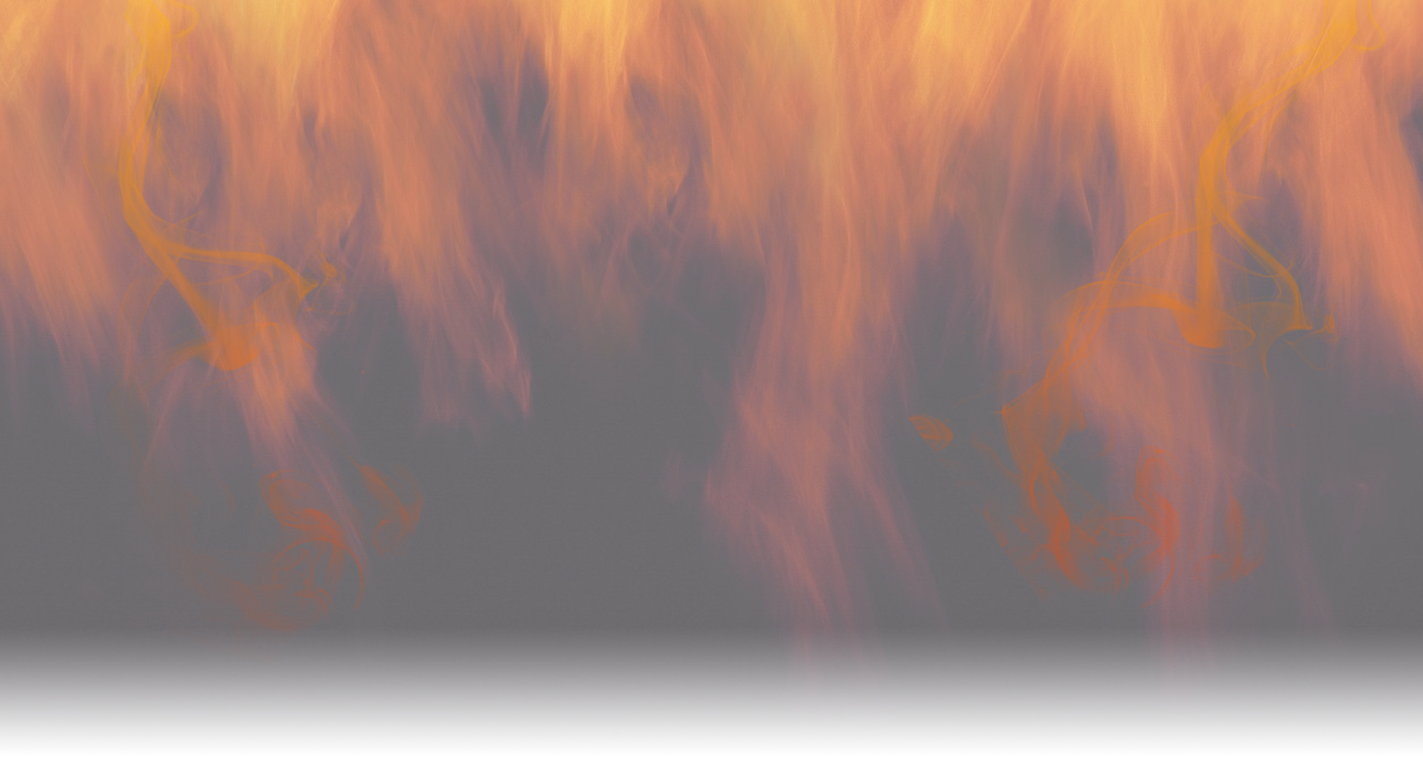Fire Safety
Please use the contact form below to schedule a fire prevention visit!
In A Fire Emergency Fireworks Are Dangerous
Protect Your Home From Wildfire Use Electrical Safety
Gasoline Safety Working Smoke Detectors Save Lives
If Someone Is Burned Space Heaters Need Space
- Get out of the house.
- Call 911.
- Call from the neighbor's house.
- Get out and stay out.
- Even sparklers, which burn as hot as 1200 degrees F (649 C), cause thousands of injuries to children each year.
- Attend professional displays and leave fireworks to the technicians who are trained to use them.
Protect Your Home From Wildfire Use Electrical Safety
- Create a safety zone around your home by clearing flammable vegetation.
- Keep your roof clear of leaves and needles.
- Discuss community fire safety with your neighbors.
- Don't overload extension cords or run them under rugs.
- Replace any cord that is cracked or frayed.
- If an appliance smokes or has an unusual smell, unplug it and have it repaired by a professional.
- Use the proper size fuses in your fuse box.
Gasoline Safety Working Smoke Detectors Save Lives
- Store only a small amount of gasoline in an approved container.
- Store such a container outside the home.
- Use gasoline only as a motor fuel, not for cleaning.
- Install them on ever level of your home and outside each sleeping area.
- Test smoke detectors monthly and install new batteries twice yearly.
- If you encounter smoke on your way out of a fire, use your second way out instead.
- If you must escape through smoke, crawl low under the smoke to your exit.
- Use child resistant lighters.
- Store all matches and lighters up high, preferably in a locked cabinet.
- Have an escape plan that includes two ways out of each room and a meeting place outside the home.
- Practice your plan with the whole family at least twice a year.
- If your clothes catch on fire, stop where you are, drop to the ground, cover your face with your hands and roll over and over to smother the flames.
If Someone Is Burned Space Heaters Need Space
- If someone gets burned, place the wound in cool water for 10 - 15 minutes.
- If the burn blisters or chars, see a doctor immediately.
- To help prevent household burns, be sure your hot water heater is set to 120 degrees F (49 C) or below.
- Keep portable and space heaters at least 3 feet from anything that is combustible.
- Never leave heaters on when you leave home or got to bed.
- Keep children and pets away from heaters.






